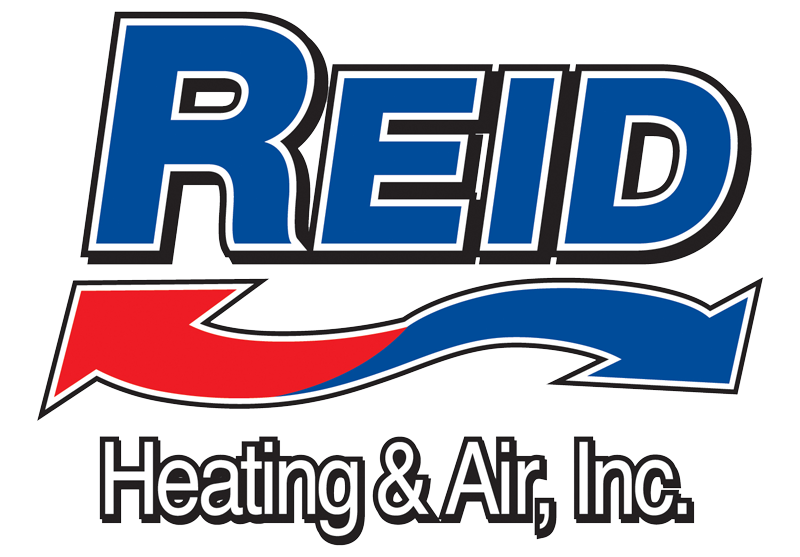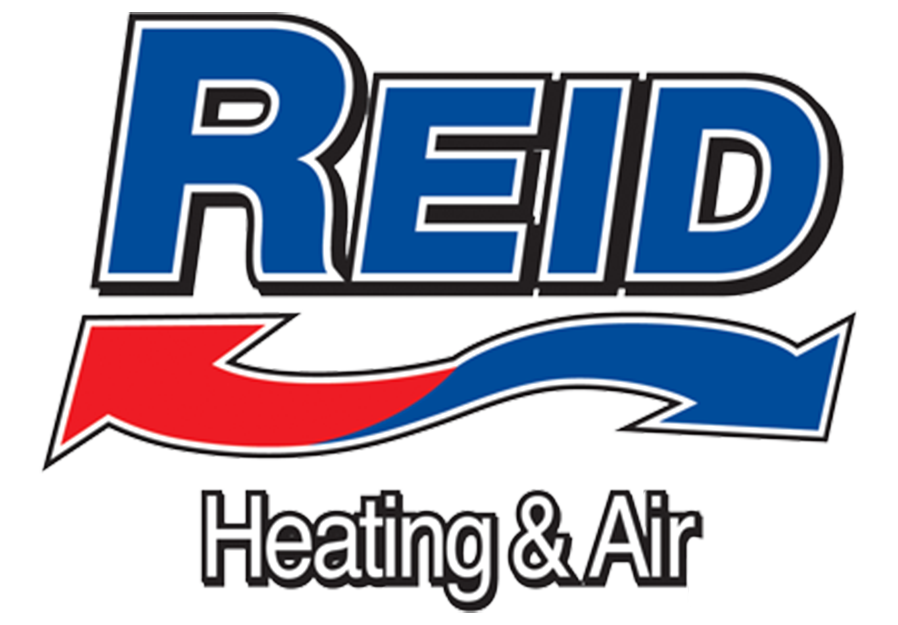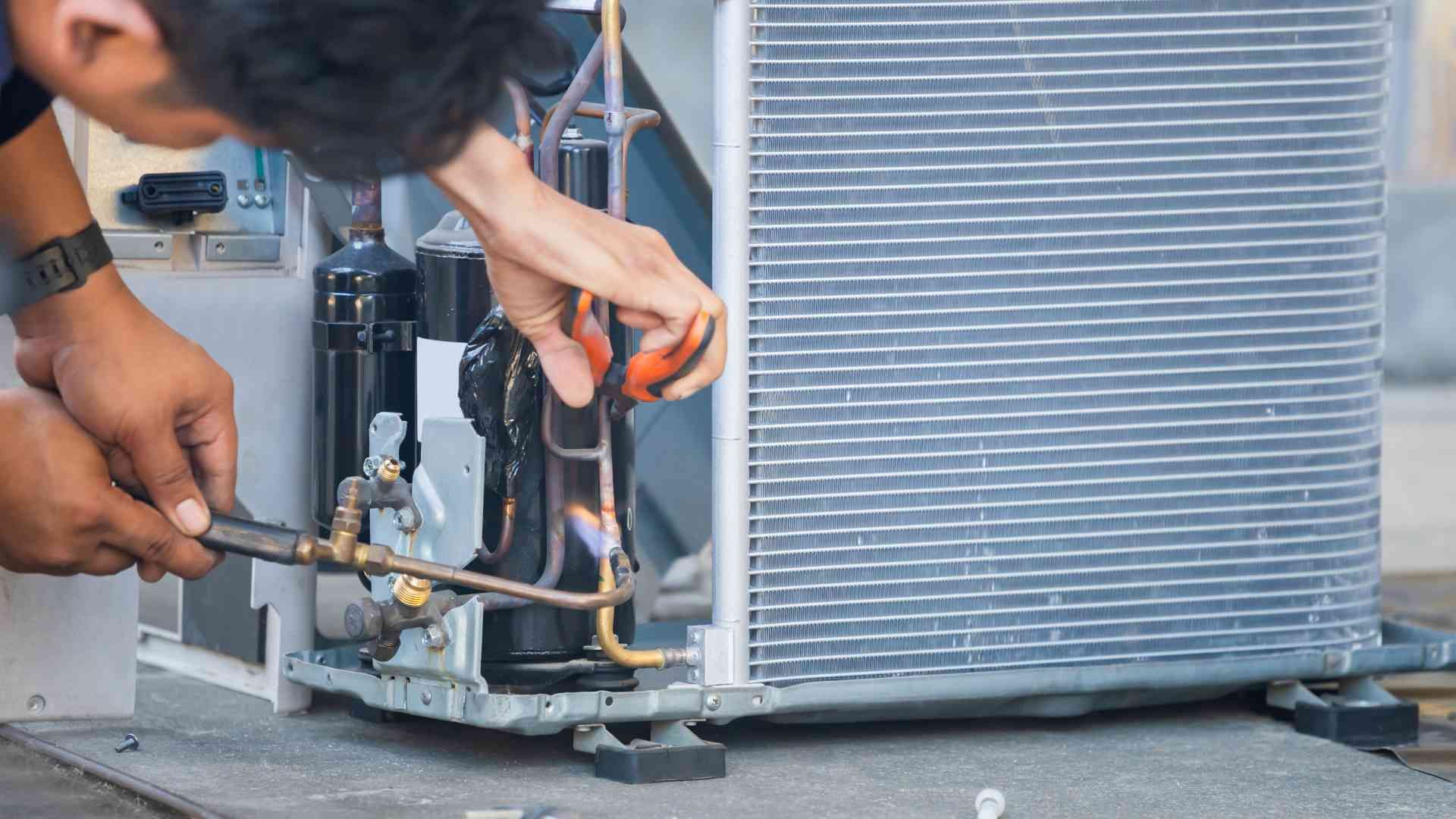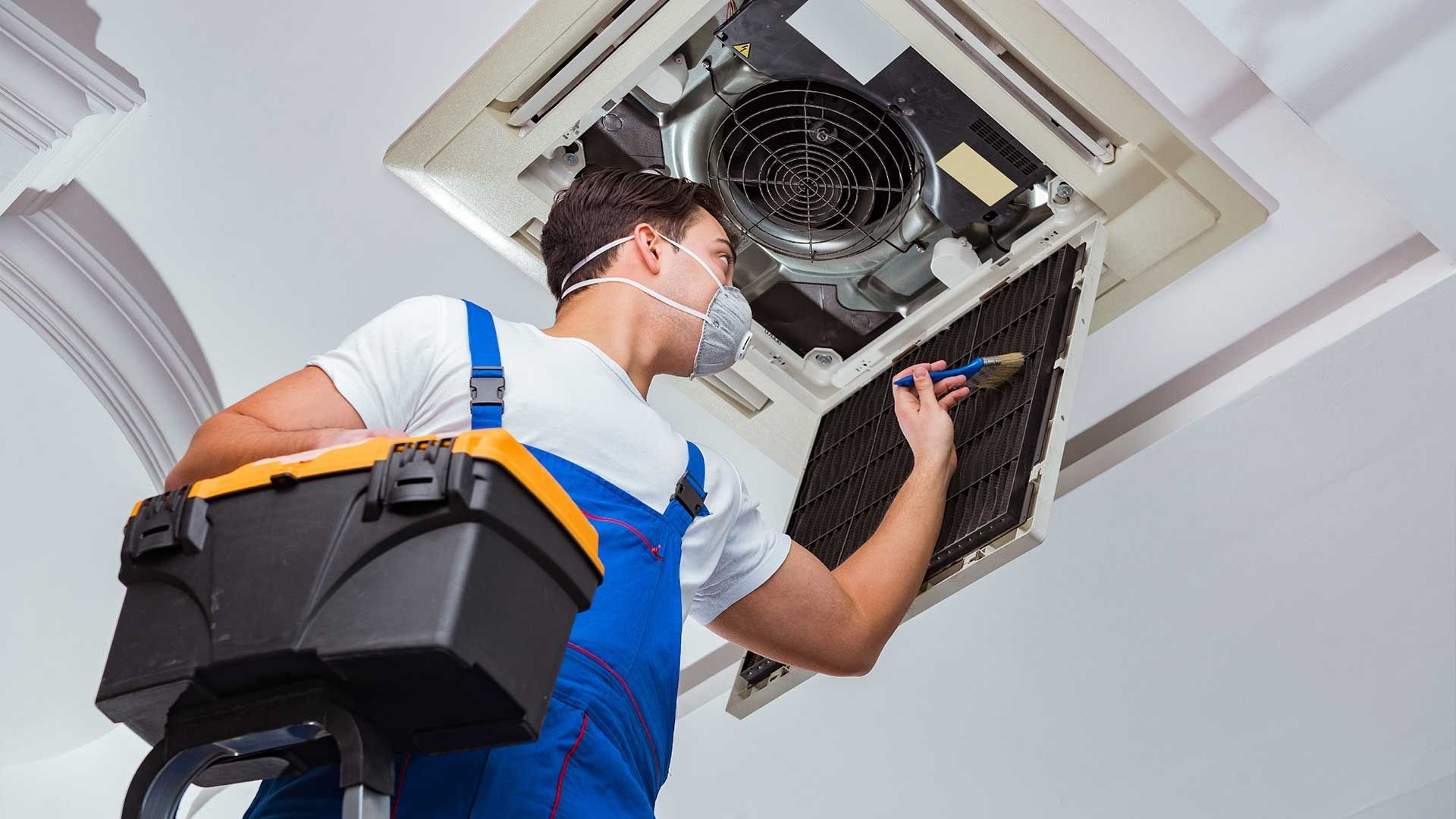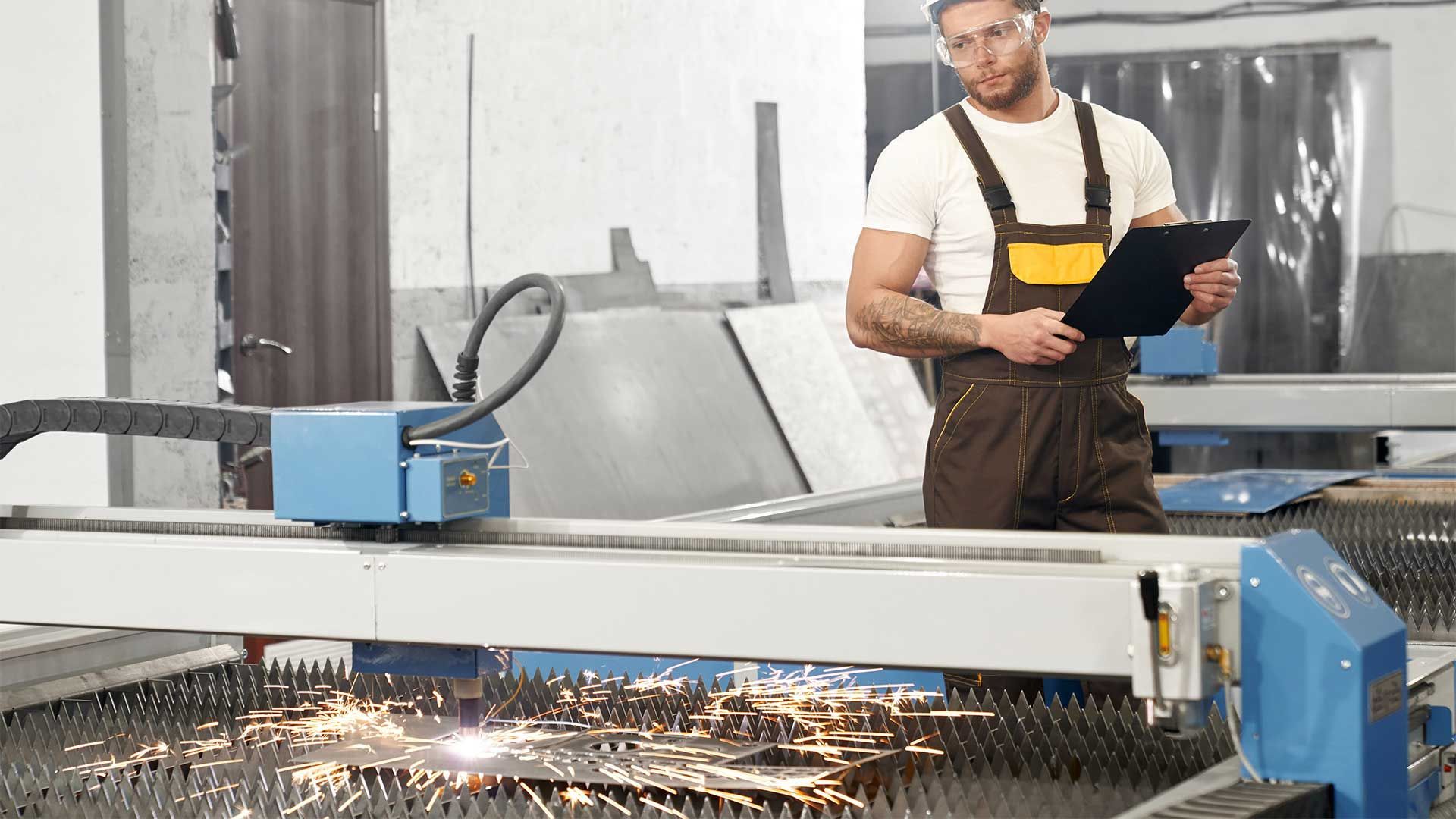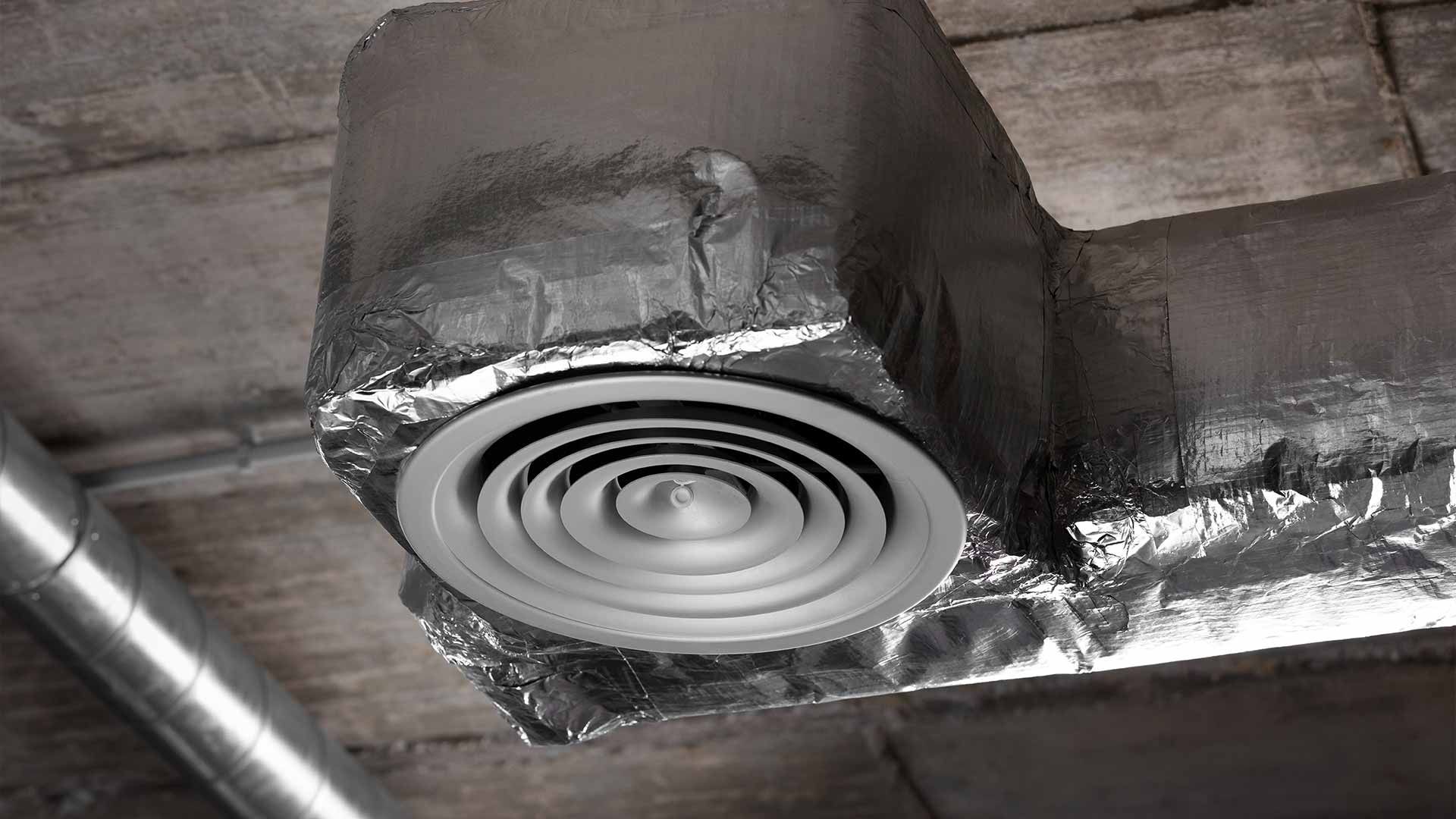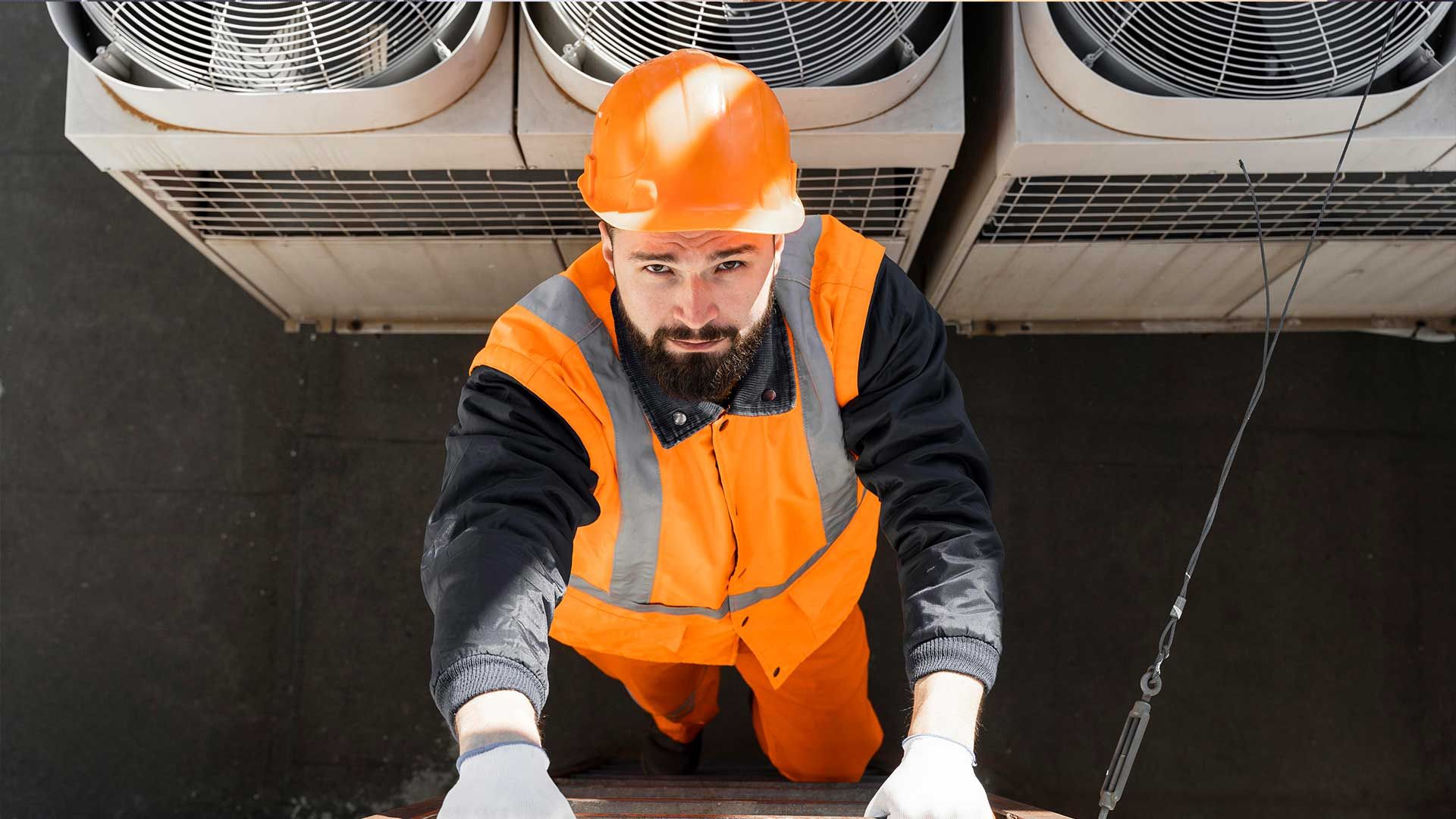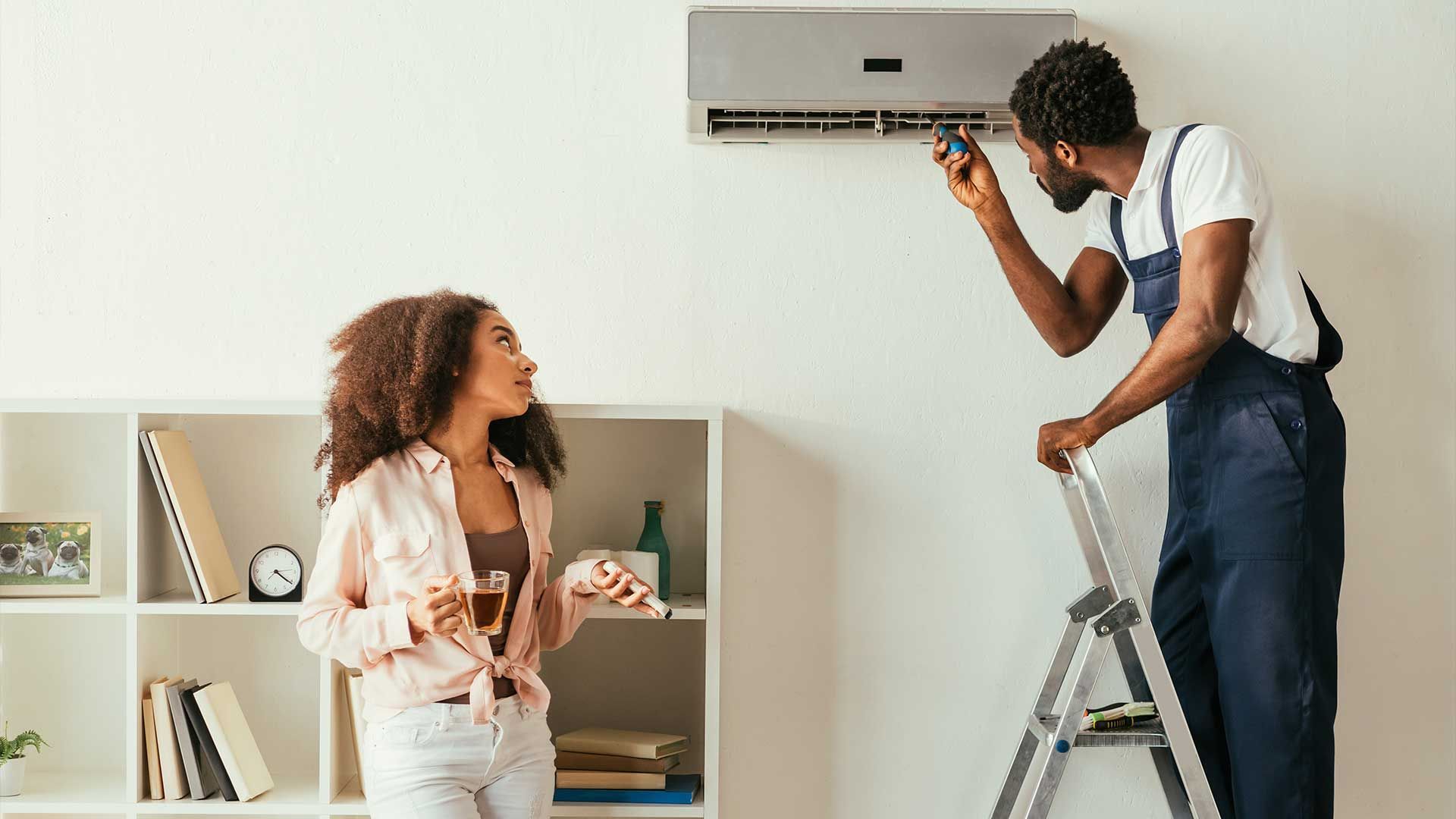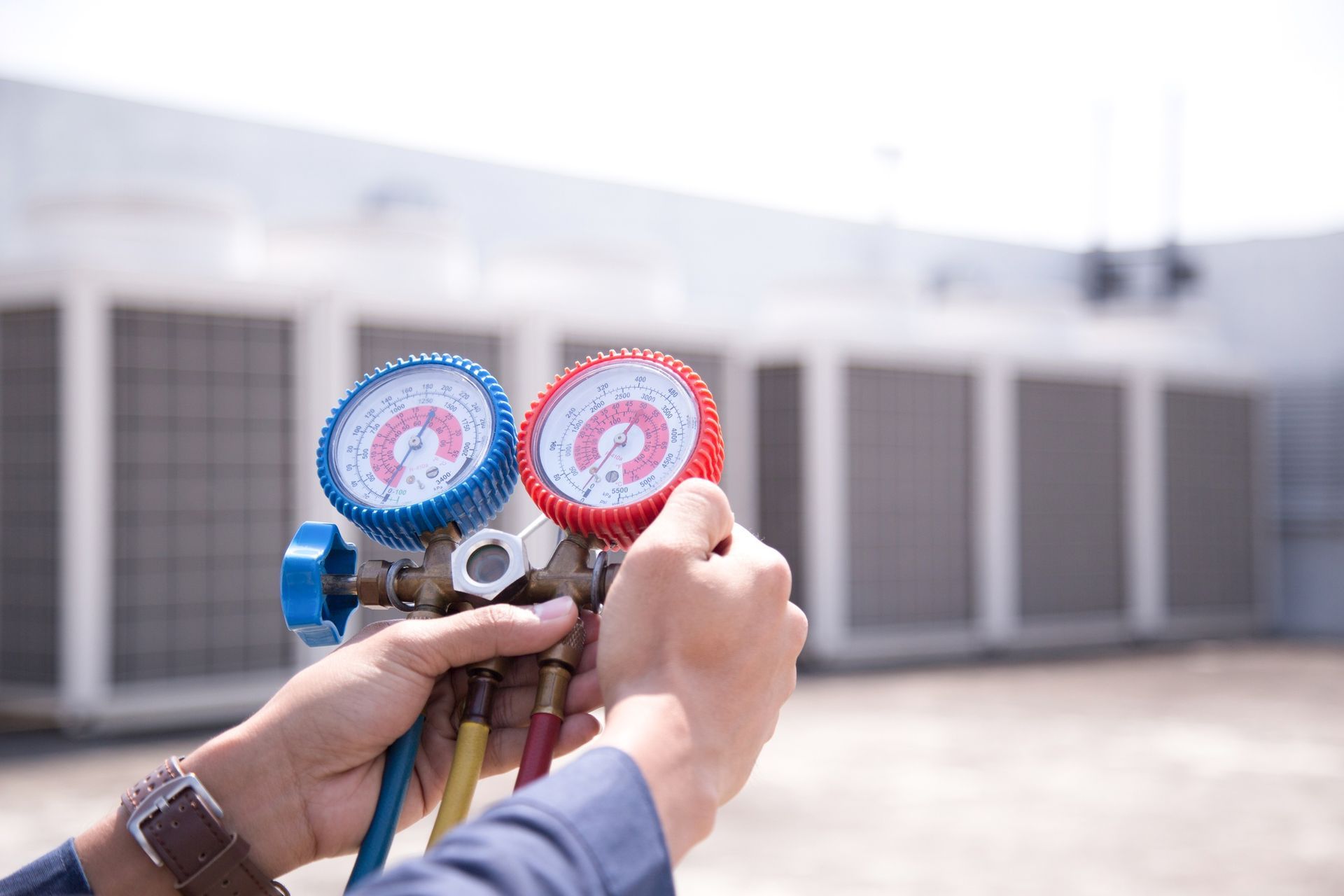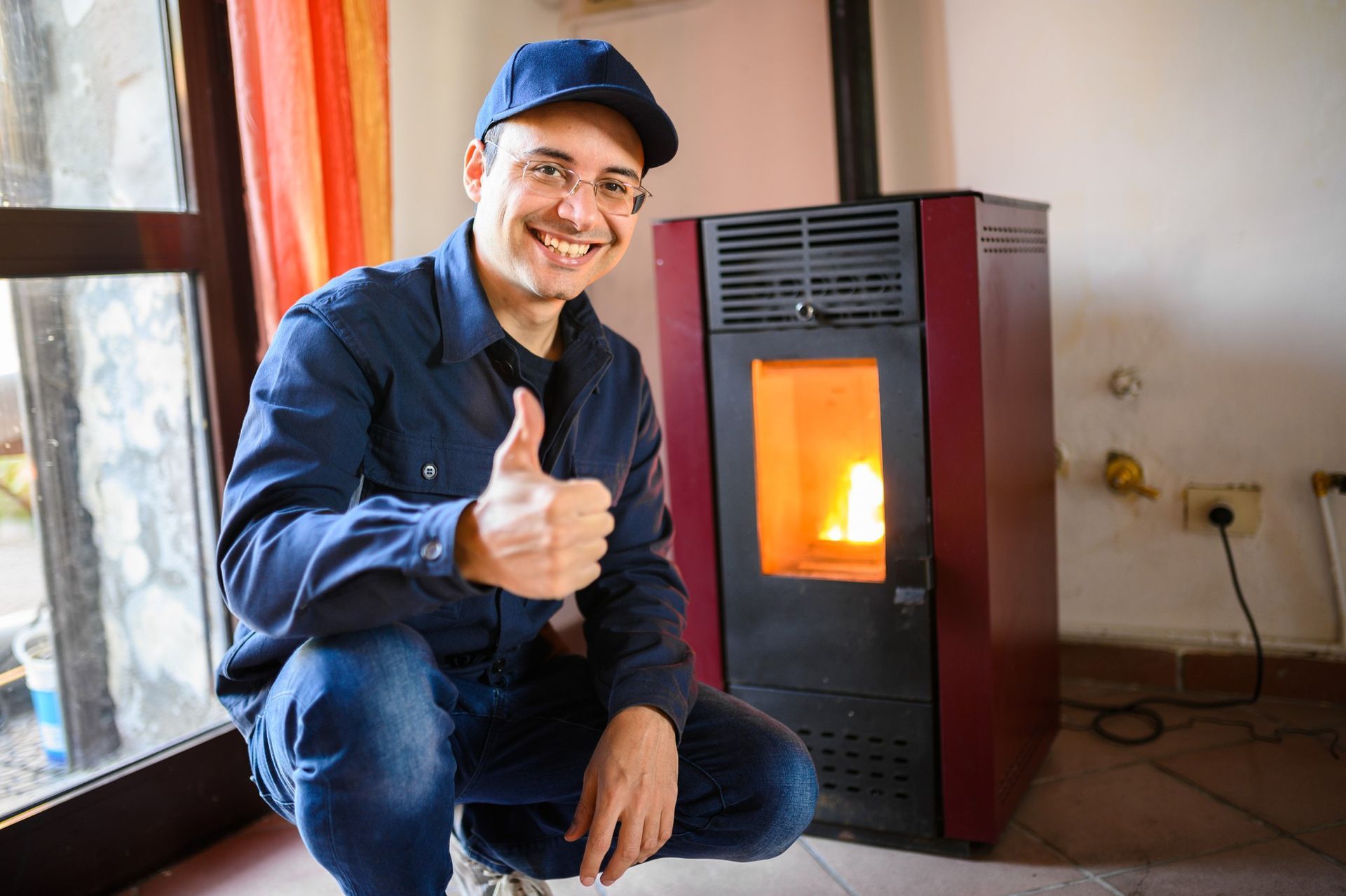How to Find the Best Tankless Water Heater for Your Home
When it comes to ensuring a steady supply of hot water in your home, a tankless water heater system can be a game-changer. These innovative devices are designed to provide hot water on demand, offering efficiency and convenience. But with so many options available, finding the best tankless water heater for your specific needs can be a daunting task. In this article, we'll break down the process into easy-to-follow steps to help you make an informed decision.
Understanding Your Hot Water Needs
Before diving into the world of tankless water heaters, it's crucial to understand your hot water requirements. Different households have varying demands for hot water, and selecting the right unit begins with this assessment.
Start by calculating your household's hot water demand. Consider the number of people living in your home and the appliances that use hot water regularly, such as showers, faucets, dishwashers, and washing machines. Take into account your usage patterns—are multiple hot water sources in use simultaneously?
To find the perfect tankless water heater system, you'll need to determine the required flow rate and temperature rise. The flow rate is the amount of hot water the unit can deliver per minute, and the temperature rise is how much the heater can increase the incoming water temperature. This information is essential for sizing your unit correctly.
Fuel Type Options
Tankless water heaters come in two primary fuel types: electric and gas. It's essential to choose the one that aligns with your home's utility setup and your preferences.
- Electric Tankless Water Heaters: These units are relatively simple to install and are ideal for smaller homes or those without access to natural gas. They are energy-efficient but may have limitations in handling high-demand scenarios.
- Gas Tankless Water Heaters: Gas-powered units offer high flow rates and are suitable for larger households with substantial hot water needs. They are energy-efficient as well but require proper venting and gas line installation.
When deciding between electric and gas, consider factors like your home's current infrastructure and the availability of the chosen fuel source.
Sizing Your Tankless Water Heater
Sizing your tankless water heater is a critical step in the selection process. A properly sized unit ensures that you have enough hot water to meet your needs without wasting energy or experiencing cold showers.
Matching the unit's capacity to your hot water demand is crucial. Avoid the common mistake of undersizing or oversizing your water heater. An undersized unit won't provide enough hot water, while an oversized one may lead to unnecessary energy consumption.
Guidelines for choosing the right size include considering the number of bathrooms and fixtures in your home, estimating the peak hot water demand, and selecting a unit with the appropriate flow rate and temperature rise to meet those demands.
Energy Efficiency and Cost Savings
Energy efficiency is a vital consideration when choosing a tankless water heater. Look for models with high Energy Factor (EF) or Uniform Energy Factor (UEF) ratings. The higher the rating, the more efficient the unit is in converting energy into hot water, resulting in cost savings over time.
Investing in an energy-efficient tankless water heater can lead to long-term benefits, such as reduced utility bills and a smaller carbon footprint. While efficient models may have a higher initial price tag, the savings in operational costs make them a smart choice for many homeowners.
Consider Brand and Reliability
Reliability is key when selecting a tankless water heater system. To ensure you're making a sound investment, research reputable brands with a track record of manufacturing quality products. Read customer reviews and seek recommendations from trusted sources to gain insights into the reliability of different models.
Additionally, pay attention to warranty terms and customer support. A strong warranty can provide peace of mind, knowing that you're protected in case of any unexpected issues.
Installation and Venting Requirements
Professional Installation: Tankless water heaters are intricate appliances that require precise installation. While some homeowners with advanced plumbing and electrical skills may contemplate DIY installation, it is highly recommended to engage a licensed professional for the job. Experienced installers possess the expertise needed to ensure that your unit is correctly and safely set up.
Venting Requirements for Gas Units: For those choosing a gas-powered tankless water heater, adhering to proper venting guidelines is critical. These units generate combustion gases that must be safely expelled outdoors. The venting system must adhere to local building codes and manufacturer specifications. Common venting options include direct venting, which employs a sealed combustion chamber that vents directly outside, and power venting, which uses a fan to remove combustion gasses through a vent pipe. The choice between these options will depend on your home's layout and the unit's location.
Location Matters: The location of your tankless water heater plays a significant role in its efficient operation. It should be installed as close as possible to the point of use to minimize heat loss through long water pipes. Additionally, consider available wall space, proximity to gas and electrical connections, and accessibility for maintenance when determining the installation location.
Gas Line and Electrical Connections:
Gas-powered tankless water heaters necessitate a dedicated gas line with the appropriate size and pressure. Ensuring that the gas line meets the unit's requirements is crucial to avoid performance issues. Conversely, electric tankless water heaters require sufficient electrical capacity. Depending on the unit's power needs, you may need to upgrade your electrical panel and wiring to accommodate it.
Clearance Requirements: Tankless water heaters have specific clearance requirements to ensure safe operation and maintenance access. Adequate clearance allows for proper airflow and servicing. It is vital to follow the manufacturer's guidelines for clearance distances, as these can vary based on the model.
Safety Measures: When installing your tankless water heater, consider incorporating safety features such as a pressure relief valve and a gas leak detector if they are not included with your unit. These safety measures provide essential protection for your home and family against potential hazards.
Regular Maintenance: After installation, regular maintenance is crucial for your
tankless water heater's longevity and efficiency. Periodically flushing the unit to remove mineral deposits and scale buildup will help maintain its efficiency and prevent performance issues. The frequency of maintenance depends on the hardness of your water; consult your unit's manual for guidance.
Building Codes and Permits: Always check local building codes and obtain the necessary permits before proceeding with the installation of your tankless water heater. Compliance with codes and regulations is essential to ensure safety and avoid potential legal issues related to your installation.
Budget and Affordability
Setting a budget is a practical step in your quest to find the best tankless water heater. Consider not only the upfront cost of the unit but also the expenses associated with installation and ongoing maintenance.
While it can be tempting to opt for the cheapest option available, remember that a higher-quality, more efficient tankless water heater may provide better long-term value. Explore financing options if needed to make the purchase more affordable while still selecting a unit that suits your hot water needs.
Additional Features and Options
Many tankless water heater systems come with optional features that can enhance their performance and convenience. Consider whether these extras align with your preferences and needs:
- Digital Controls: Some models offer user-friendly digital controls that allow you to set the desired temperature and monitor usage more efficiently.
- Recirculation Systems: These systems help reduce water wastage by providing hot water instantly at the tap, eliminating the need to wait for it to heat up.
Conclusion
In conclusion, finding the best tankless water heater system for your home is a well-informed decision that starts with understanding your hot water needs and evaluating factors such as fuel type, size, energy efficiency, reliability, installation, budget, and optional features. By following the steps outlined in this guide, you can ensure that you select a tankless water heater that provides reliable hot water while saving you money and energy in the long run.
When it comes to hot water solutions, a tankless water heater system can be a game-changer for your home. With the right unit, you'll enjoy endless hot water on demand, increased energy efficiency, and long-term cost savings. So, take your time, do your research, and make a choice that suits your unique needs and preferences.
For expert
installation and service of tankless water heaters in Rock Hill, SC, we recommend contacting
Reid Heating & Air, Inc. at
(803) 366-1855. They are the trusted professionals in the area, known for their expertise and commitment to providing top-notch heating and cooling solutions. Choose Reid Heating & Air, Inc. for all your tankless water heater needs and enjoy peace of mind knowing you're in capable hands.
